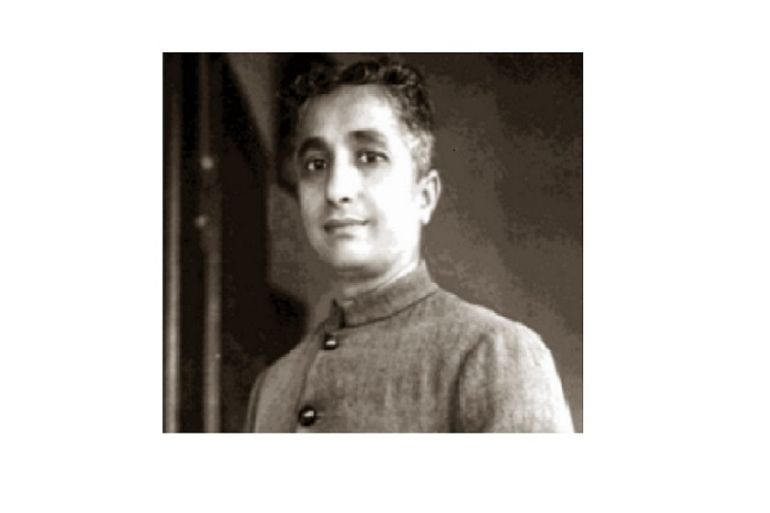Kuppali Venkatappa Puttappa: Kuvempu’s Kannada legacy
Renowned Kannada poet and author Kuppali Venkatappa Puttappa would have been celebrating his 113th birthday today.

Renowned Kannada poet and author Kuppali Venkatappa Puttappa would have celebrated his 113th birthday today. In his honour, Google paid tribute with a doodle image.
Known by his pen name Kuvempu, he is considered one of the greatest Kannada writers of his time.
Keep reading
list of 4 itemsUK returns looted Ghana artefacts on loan after 150 years
Fire engulfs iconic stock exchange building in Denmark’s Copenhagen
Inside the pressures facing Quebec’s billion-dollar maple syrup industry
The Kannada language is spoken mainly in Kuvempu’s home state in India of Karnataka.
Indian writer
-
Greatest Kannada poet of the 20th century. Kuvempu was an Indian novelist, poet, playwright, critic and thinker. He is widely regarded as the greatest Kannada poet of the 20th century.
-
Kuvempu studied at Mysore University in 1920s, and rose to be vice-chancellor of the university in 1956. He initiated teaching in Kannada.
-
He started his work in English, with a collection of poetry called Beginner’s Muse but later switched to his native Kannada.
-
He is credited for giving Kannada new words, phrases and terminologies.
-
“Institute of Kannada Studies”. He aimed to make Kannada the medium for education. To cater to the needs of Kannada research, he founded the Kannada Adhyayana Samsthe (“Institute of Kannada Studies”) at Mysore University.
-
For his contributions to Kannada literature, the government of Karnataka decorated him with the honorific Rashtrakavi (National Poet) in 1958 and Karnataka Ratna (Gem of Karnataka) in 1992.
-
The author was also conferred the Padma Vibushan award by the Government of India in 1988.
-
A revival of epic poetry. He was also awarded the Jnanpith award for his version of the Ramayana. This was the first given to a Kannada language author.
-
His work is regarded as revival of the era of Mahakavya (epic poetry).
-
Ramayana is an ancient Indian epic poem which narrates the struggle of the divine prince Rama to rescue his wife Sita from the demon king Ravana.
https://twitter.com/SNSMT/status/946568546745704448?ref_src=twsrc%5Etfw
Ideas
-
Resentment against the caste system. The author’s writing reflects his resentment against the caste system and religious rituals. Shudra Tapaswi (Untouchable Saint) is an example of this philosophy.
-
The author believed the caste system was responsible for inequality in Indian society.
-
Wonders of nature. His poems were also a reflection of the wonders of nature around him. An example of this can be found in his poem titled Poovu (The Flower).
-
Amidst the early morning dew
Walking across the greenery
And in the evening that is scary
While taking a breath,
Oh flower, I listen to your song
Oh flower, I defeat your love!